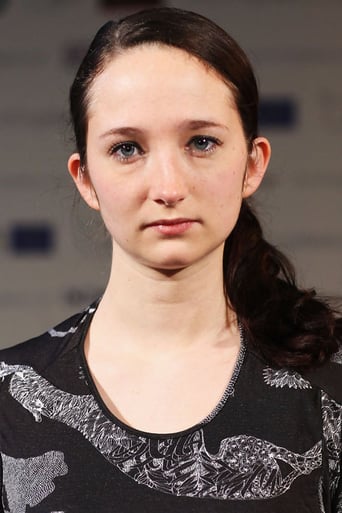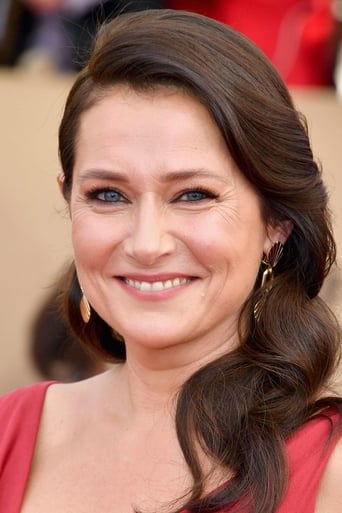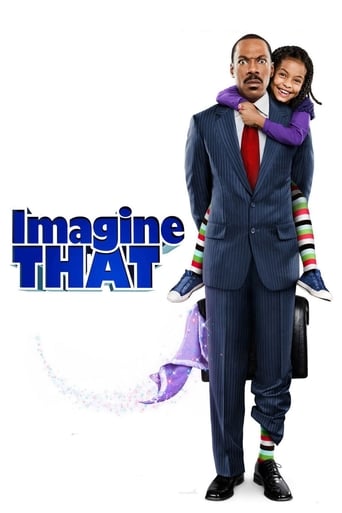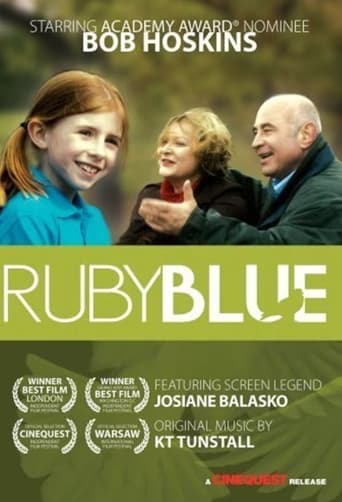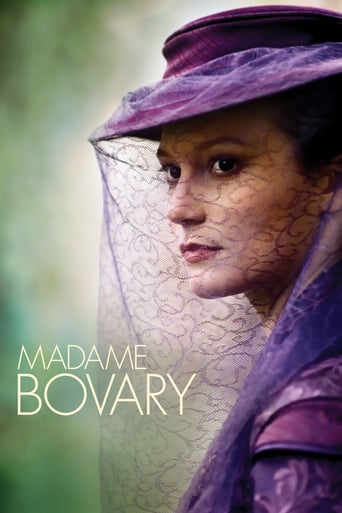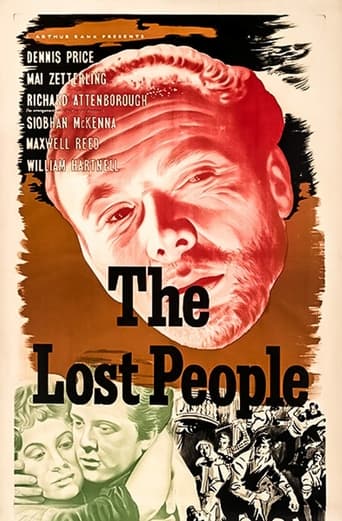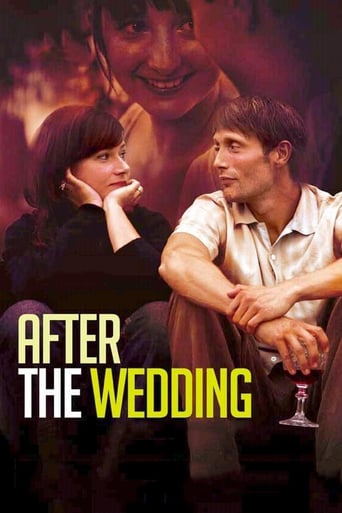
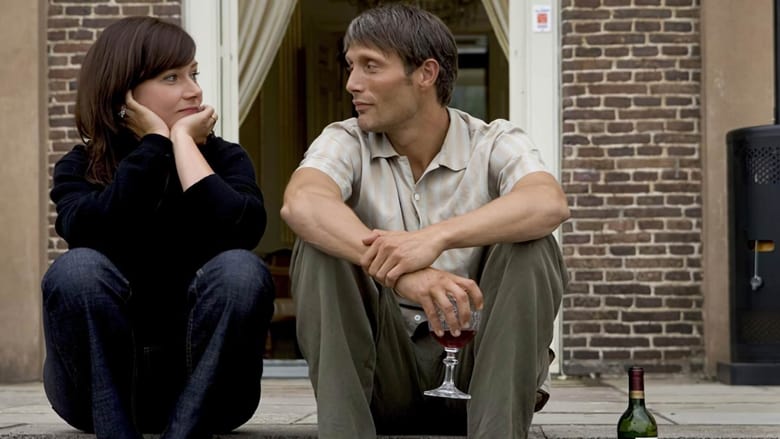
After the Wedding (2006)
A manager of an orphanage in India is sent to Copenhagen, Denmark, where he discovers a life-altering family secret.
Watch Trailer
Cast


Similar titles
Reviews
The story is somehow good and humanitarian and all that, but the plot and dialogue are very motionless, boring, dull and superficial.
8/10Why would a millionaire craft a careful plan to sabotage his family and help the guy whom he should envy the most? The film began itself by posing such a puzzling question then spending its latter half to explain it. The answer may be predictable, but it makes you care, and that is important. A lot of film promises a shocking revelation, but rarely delivers. Most of them merely force either a banal conspiracy or a twist for the sake of twisting down your throat. Efter brylluppet, on the other hand, give me a predictable revelation that somehow makes me care even more. The cast is extraordinary. The most noteworthy is definitely Stine Fischer Christensen, who is now one of my favourite actresses of all time. The ability to portray vary array of emotion is a requirement for any good actress but Christensen took it further in Efter brylluppet where she demonstrated the ability to look with both the most believable loving eyes, and the heartbreaking sorrowful one. Unfortunately, I can't bring myself to agree with the director Susanne Bier and the cinematographer Morten Soborg. Yes, hand-held camera and such has its power and it is a nice parody with the script but certain scenes, I believe, would improve greatly if they were filmed by a proper camera. I know that the so-called naturalistic is the signature of Danish film but those scenes were less naturalistic because it broke the fourth wall and forcefully reminded me that this is a film. I would give Efter brylluppet 9 out of 10 if it wasn't for such cinematography.
Bombay. An orphanage, filled with rambunctious kids. The striking face of Denmark's biggest star, Mads Mikkelsen, is among the few adults. His character, Jacob, has been working in humanitarian efforts in India for the past twenty years but is in desperate need of funds from Denmark in order to prevent this orphanage from closing. Much to his disliking, he must return to his native country to secure the future for the beloved children. One of the orphan boys who Jacob considers family, Pramods, asks Jacob what the Denmark is like. He replies that he does not like the people because they are all rich. If he were rich, Pramods says, then he would be happy. The scene shifts suddenly to a man in his car listening to the American hit, "It's Raining Men," instantly shifting in tone from humility and worry to one of confidence and security: he is carefree. We soon find out this man is Jogen (Rolf Lassgård), one of Denmark's wealthy businessmen. Jacob's idea of selfish and coldhearted rich people, however, is soon contradicted, as Jorgen reads goofy stories aloud to his sons and then playfully slides into his wife's bubble bath, fully clothed. He appears not to be a ruthless egomaniac, but a loving father and husband. When Jacob leaves for Denmark, he plans to be business partners with Jorgen, promising Pramods that he will be back in Bombay in time for his 8th birthday. Due to a few unexpected plot-twists, however, Jacob finds himself much more intertwined in Jorgen's life than he ever imagined.When Jacob meets Jorgen about funding the orphanage, Jorgen is completely disinterested and interrupts Jacob frequently to ask if he wants a drink (he supplies one even after Jacob replies, no). After their rude meeting, Jorgen insists that Jacob comes to his daughter's wedding the following day, a strange demand seeing as they had never met before this brief interview. At the wedding, Jorgen's wife, Helene (Sidse Babett Knudsen), sees Jacob enter, and a look of disbelief and dread fills her eyes. Directly after this, the first plot-twist appears, undisguised and melodramatic: Jorgen's daughter Anna (Stine Fischer Christensen) is not his biological daughter. We instantly understand the meaning behind Helene's troubled gaze: Jacob is Anna's father. Director Susanne Bier's determination to make films that both utilize artistic methods and entertain is evident as she weaves together an engaging plot with symbolic images. Using extreme close-ups on the actor's lips, eyes, and fingertips, she is able to communicate the subtle nuances in the characters' expressions and movements. When Jacob bursts into Helene and Jorgen's house, demanding to talk to Helene about Anna, even the animal heads on the walls get a close-up, staring knowingly as though they have overheard each and every secret in this grand estate. After confronting his ex-girlfriend, Helene about her deception, Jacob threatens to tell Anna if she does not. Soon after, Jacob opens his hotel door to the doe-eyed Anna, waiting to come in. Finally reunited, they begin to get to know one another and it appears as though After the Wedding will be a story of how to overcome deception and begin anew. However, Bier has another trick up her sleeve. We witnessed Jorgen become more and more embittered as the film goes on, guzzling down alcohol until he is hopelessly drunk. Helene, a compassionate and strong woman decides after a particularly nasty argument with Jorgen that something is not right and decides to investigate. She opens his hidden safe to reveal a stash of prescriptions. Jorgen is dying. Suddenly the images of dead flowers and the glazed eyes of the animals mounted on the wall take on an entirely different meaning. They have been symbols for the death by which Jorgen is constantly surrounded, as he puts on a show for the sake of his family. Knowing that Jorgen has brought Jacob back to Denmark to replace himself when he dies, the characters must decide what their definition of family is and what duties are implied with it. Jacob is torn between his new daughter, Anna, and his family back in Bombay, Helene and Anna maneuver a changing mother-daughter relationship while coming to terms with the looming death of their husband and father, respectively. Stine Fischer Christensen's raw performance when Anna confronts her father about keeping his illness a secret is phenomenal, second only to Rolf Lassgård's heart wrenching scene when Jorgen breaks down from fear of dying, collapsing in sobs and throwing his body on the floor in a disturbing defiance, while Helene keeps her arms around him, powerless to ease his pain. This crushing moment puts in the hearts of everyone watching the question of how one can live nobly and fully. Jorgen's selflessness shows Jacob that the line Helen spoke to him early in the film, "you don't have to be poor to be a good person," is undeniably true and that there is often more than just one honorable choice. Before his premature death, Jorgen leaves Jacob with the choice to return to the children in Bombay or to live in Denmark and support his own daughter, Anna and former lover, Helene while funding the orphanage from afar. The question After the Wedding raises is, ultimately, what is family? And How far would you go for yours?
Jacob works in an orphanage in India that rescues child prostitutes and street children. But the ministry is failing financially, and in desperate need of funds. The answer appears when Jorgen Hansson, a rich Danish industrialist offers to fully fund the orphanage. But Jorgen stipulates that Jacob must fly back to Denmark personally to meet Jorgen and close the deal. At first Jacob refuses because he is reluctant to leave the children, especially Pramod, a boy he has raised from infancy and who looks to Jacob as his father.But the need is so great and Jorgen is adamant, so Jacob finally acquiesces and flies to Denmark.Once he arrives, Jorgen begins a strange game of manipulation. He requires Jacob to attend his daughter's wedding before finalizing the deal. At the wedding, Jacob realizes that Jorgen's wife is actually is long-lost love, Helene, and that he is the father of her daughter, Anna, who is getting married.Jacob is furious and confused. Once Anna finds out the Jacob is her biological father, she insists on meeting him and the two form a close bond.After further mysterious machinations by Jorgen involving Jacob, Helene, and Anna, Jorgen finally sits down with Jacob to finalize the deal to fund the orphanage. But rather than the original one million dollar offer, Jorgen wants to set up a 12 million dollar joint trust fund to be controlled solely by Jacob and Anna, with the stipulation that Jacob must reside in Denmark rather than India.Jacob is once again furious and storms out of the meeting. Jorgen runs after him and confesses that he has been wrong to be so manipulative and stubborn. Jorgen reveals that he is terminally ill, and that he wants Jacob to take his place as head of his family after his death. Stunned, Jacob simply walks away, unable to absorb so much crucial information at once.When Anna's new husband, Christian, is surprised by Anna's coming home and finding him having sex with his former girlfriend in her own bed, Anna seeks refuge with Jacob, and he realizes that he must indeed stay in Denmark to care for his daughter, Helene, and Jorgen's two twin boys after Jorgen dies.In the final scene, Jacob returns to India and the orphanage to visit Pramod and offer to take him back to Denmark to live. But Pramod does not want to leave the now prosperous, remodeled orphanage and all his childhood friends. Jacob realizes that Pramod is right, and very wise for his young age. They embrace, and Pramod returns to the new football field to play with his friends.This is a film that will warm your heart, amaze you, and lift your spirit with joy!



